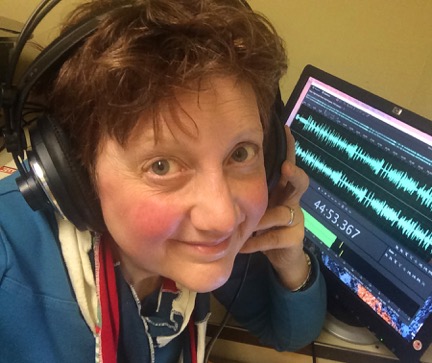In Europe, new threats of pollution to waterways have compelled government officials to take action.
The European Union’s executive branch proposed stricter pollution limits for rivers, lakes, and groundwater, along with stronger controls for handling wastewater. The European Commission made several moves to protect ecosystems and human health from chemical and biological contaminants. One is to tighten existing rules for 16 pollutants. Another is to regulate 25 new contaminants. The list includes pharmaceuticals, pesticides such as glyphosate, and industrial chemicals like BPA, which is used in the lining of food containers. The European Commission’s regulation list also includes the class of chemicals known as PFAS, or ‘forever’ chemicals. A separate, wide-ranging directive to Europe’s wastewater industry aims to halt pollution at its source. That means the industries that produce and use chemicals will be responsible for keeping them out of the sewage system. The European Commission’s directive is also influenced by the Covid-19 pandemic. There will be new standards for monitoring viruses in wastewater. This method, known as ‘sewage surveillance,’ has proved successful as an early-warning system for Covid outbreaks. Other key points in the directive include renewable energy targets for wastewater operators and expanding sanitation services to include about 10 million people in Europe who do not have acceptable toilet facilities. The next step for the proposal is a hearing in the European Parliament.
Russia’s war against Ukraine has caused collateral damage to water delivery and sewage systems in Ukraine. Some of that destruction appears to have been intentional. The BBC investigated accusations that Russian forces sabotaged a water supply pipeline in the southern Ukrainian city of Mykolaiv. Nearly 500,000 people live there, and for the past six months have been without reliable drinking water in their homes. They line up in the street to fill jugs from makeshift wells. The deprivation is because the city’s main water supply pipeline was damaged in April. To find out why, the BBC reviewed satellite images and photos posted on social media. The British news agency shared them with security and military experts, whose conclusion was that Russian forces in the area blew up the pipeline. Deliberately targeting and damaging essential public infrastructure like water supply pipes is a violation of international law, according to legal experts interviewed by the BBC. Mykolaiv officials want to repair the pipeline. But they say that work cannot begin until the area is safe from artillery strikes and cleared of land mines.
Ukraine is one of many places where access to safe drinking water is in doubt. The world continues to fall short of a goal to provide safe water and sanitation to every person by 2030. About two billion people still lack clean water, and many of those without safe water live in sub-Saharan Africa. That assessment is part of a report from the World Health Organization, the World Bank, and UNICEF. The report intends to inform high-level international meetings scheduled for the coming months. The United Nations will host a water conference next March in New York City. There it will review progress and failures in the movement for universal access to safe water and sanitation. It will be the first such UN meeting on water in 50 years.
And that’s “What’s Up With Water” from Circle of Blue, where water speaks. More water news and analysis await you at
circleofblue.org. This is Eileen Wray-McCann – thanks for being here.






